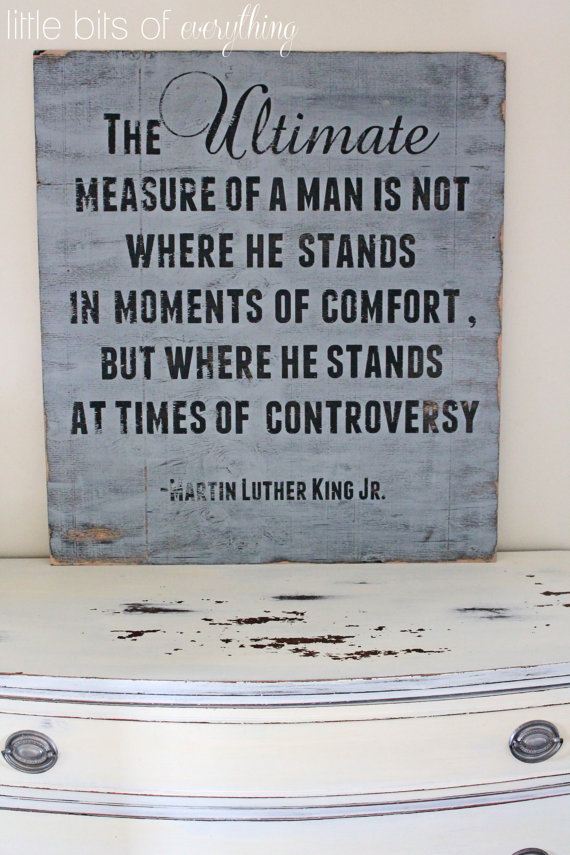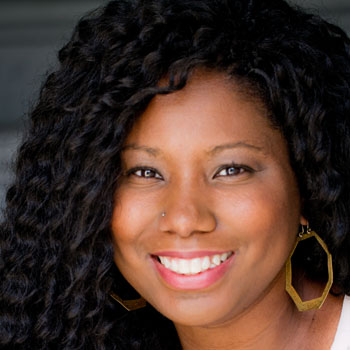Yesterday in church we had a guest speaker, Efrain Alicea, “Brother E”, pastor of Elements Church in the Bronx. His church uses hip hop to reach the 18-25 demographic and he shared a powerful story of how he found his voice and calling in hip hop while on a date with a girl. Right before he went in to “make his move” he heard these words by Wonder Mike in “Rappers Delight” playing from the street:
I am Wonder Mike, and I’d like to say hello,
To the black, to the white, the red and the brown,
The purple and yellow.
Brother E’s life was changed by the barrier-braking power of those words. He was invited into the hip hop community with a welcome and a promise. A promise from Wonder Mike that he belongs, even though he as a young Puetro-rican man was hard-pressed to find representation of his brown skin in media, this space called hip hop was for him and all people regardless of the color of their skin.
When I heard his story I realized reconciliation begins when we acknowledge one another as equals and invite them into community with us with a welcome and a promise that they belong.
Today’s post feels like that moment to me. In response to “Oh Honey” posts and pingbacks from white bloggers began rolling into my inbox. The barrier-breaking words of these dear sisters reminded me of Brother E’s sermon, so sat back and said, “oh my word”. Reconciliation was happening. Community was being inaugurated. We were welcoming one another and promising that regardless of our skin color—we belong.
These women are seeking reconciliation, they want to do shalom with me, and even though so many emailed me saying, “I want to start the conversation, but I don’t know how”, they put their brave on and wrote some amazing pieces. So, this morning, I put a call out to my blogging friends to share with me anything they’ve written on racism and reconciliation, first with my sisters in the Story Sessions and then a few others via email. And true story, y’all: when their stories came in, I stood up and did a dance to Montell Jordan’s, “This is how we do it”!
Yes! This is how we do it! This is how we do Shalom together. For those of you who want to write about race, but feel at a loss, here are some of my friends’ words. I hope they inspire and challenge you like they did for me.
For what it’s worth, I for one, am sorry.
I’m sorry for burying my head in the sand and thinking that just being nice would make hundreds of years of persecution and injustice go away.
I’m sorry for mistakenly assuming that since it wasn’t my generation who inflicted the pain, that I am free to ignore the past.
I’m sorry for blindly and glibly assuming that my successes and advantages in life had nothing to do with society’s assessment and expectations of me based upon my skin color.
I want to understand. I want to listen. I want to notice and to have conversations and to live the truth, especially in front of my children, that there is no “us” and “them.” There is only “we.”
“There is neither Jew nor Gentile, neither slave nor free, nor is there male and female, for you are all one in Christ Jesus.” Galatians 3:28
From Esther Emery: The Scariest Thing I Saw on Halloween (this is about racial reconciliation)
I don’t know much about racial reconciliation. But this is what I know so far. Somehow we have to reverse the flow of energy. Historically it has run white into dark, conqueror into conquered, North into South. But I know what it feels like, when it flows the other way. And I want that. And in some profound way…the only way I can get it is to be invited.
From Adela Just: Healing the Race Wounds
The context of this conversation was set against the deep racial wounds being exposed by the Trayvon Martin/George Zimmerman trial. Truthfully, the depth of it all surprised me. Not because I’m so naive as to think racism no longer exists in this country, but because I forget what a unique thing it is to grow up in an environment where racial differences were secondary to shared faith and purpose, where friendships were forged by what we had in common. And when challenges did arise, they were navigated in the context of covenant relationships – we were committed to each other no matter what.
From Cari Adel: Faithful Slaves and Fugitive Whites – How Do You Remember the Past
Time passes and history scars over. New subdivisions are built and the hanging tree is chopped down. And people talk about the good old days and how we can get back to them and how many laws will it take.
But a nostalgic look at the past only serves to blind us to our own capacity for hate and fear. When we act like it was all ‘back then’, things are different now, the rebellion is over, the war is over, racism is dead, and we don’t even care about the words we tell ourselves in our monuments, we aren’t facing the fact that it isn’t over.
Sybrina, please envision me getting down on my knees in front of you, this white mama, and asking you to forgive me. I never understood the systemic racism that persists in this country, because I didn’t have to. The system is structured to grant me privileges and power through no merit of my own; simply by virtue of my skin color. This same system denies and protects this oppressive hierarchy, conditioning white people to not even see it.
From Jane Argiero: Could George Zimmerman Be My Son
I am slow to interpret things as “racist” because, as a white person, I can be. This is sobering realization. Once again, I see how easy it is for myself, as a Caucasian person, to remain oblivious to the bias of my perceptions. Without the mirror of Jason and other friends, I would never have to call into question my motives or assumptions, and I most likely would never be able to see the prejudices therein.
From Nicole Jeanette: Thoughts on Dr. King From a White Woman
It is of utmost importance to realize what an incredible influence Dr. King had on our country. To not look back today and recognize the progress in equality that we as a country have made would be to trivialize Dr. King’s work. However, while as individuals we may feel that we are living in a post-racial era, I think we, people of all colors of skin, need to realize that as a culture we are just not there.
This husband and wife response to racism and raising a mixed child moved me!
From TJ and Jason Poon:
Jason’s thoughts: My Ethnical Dilemma
The message from these stories is clear to me: it’s better to be white. You get the job even if you didn’t work for it. You are marriage material. You don’t get called names. So when I told TJ my hope for our daughter’s appearance, I was wishing she wouldn’t experience the same pains I did growing up.
Why was I more determined to defend a stranger than I was willing to put myself in my husband’s shoes and try to see the situation through his lens? More importantly, how does my “default” setting to defend perpetuate the marginalization and silencing of ethnic minority voices, despite what my intentions are?
From Lisa, writer behind “Lisa Notes”: But what will happen to me? On discrimination
But what can I do about it?
I know the call. It’s to “do good; seek justice, correct oppression; bring justice to the fatherless, plead the widow’s cause” (Isaiah 1:17).
But how?
- See the face behind the stereotype.
- Hear the voice under the cries.
- Lift the hand of the struggling.
Speak up when I have a voice. Do something when I have the power.
And sit with the bullied, the slandered, those made to feel “less than” just because of who they are.
Because it’s not enough just to stand for something; I need to sit with someone.
Good stuff, right? I pray these will fill your weeks with hope and inspiration. I’m praying for you as you seek God on how you can do Shalom on this MLK day and going forward.
So glad these woman are finding their voice and dancing to the beat of their Shalom songs that sound oddly like Montell Jordan’s “This is How We Do It”,
Today, I’ve linked up with Michelle DeRusha’s “Hear it on Sunday, Use it on Monday” link up.





Pingback: Five [Awesome] Things I Read This Week, 01.24.2014 | pink-briefcase